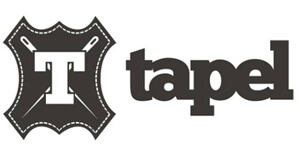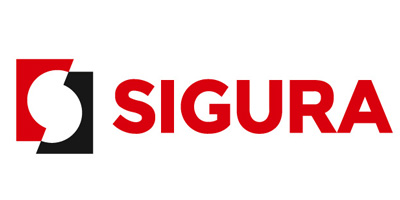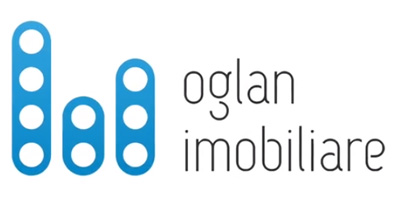The Data Protection Officer (generally known by the international abbreviation DPO) provides the specialized assistance necessary to the company regarding the confidentiality and data protection, as well as the compliance with the data protection laws.
Outsourcing the tasks and duties of the Data Protection Officer (DPO) is the best strategic and protective solution for companies that do not have the financial means and knowledge necessary to comply with the obligations established by the data protection laws.
The option of outsourcing the legal obligations to a specialized service provider presents a number of practical and efficient advantages on several levels:
- in terms of the allocated costs, they are considerably lower than in the case of the internal DPO;
- in terms of the specialized expertise that the service provider has, which helps to comply with the GDPR regulations, totally relieving you of this problem, and implicitly allowing you to concentrate on the main activities of your business;
General responsibilities
- takes over all the legal duties stipulated the international data protection laws;
- serves as an independent expert within an organization;
- deals with issues related to confidentiality and data protection and provides internal consulting;
- advises employees on data protection issues and raises awareness to confidentiality in the organization;
- helps to respect and implement the data protection laws;
- maintains the relationship with the National Supervisory Authority for Personal Data Processing;
- makes recommendations regarding confidentiality and data protection;
- identifies the relevant data flows within the company;
- administers the data processing register;
- responds to third party requests for data protection;
Prospective risks of having an internal employee on the DPO position
The decision is always yours. But you know very well that the best decisions are the informed ones. So when planning to opt for an internal DPO, we recommend that you consider the following:
- Internal DPO means enormous responsibility entrusted to an employee and assumed by him;
- Internal DPO means considerable time and resources wasted on non-commercial activities, which could otherwise be put to greater use for and by the employee;
- Internal DPO requires the allocation of special funds for the training and certification of the employee in charge with specific responsibilities, costs that can reach 3000 Euro / year;
- Internal DPO is a major waste of money if you create a specific job for this activity. On the other hand, optimizing the activity of the company will force you to assign several tasks and duties on one person, which will lead to reduced productivity;
- Internal DPO means, within an internal structure, an extremely important position, which could, in certain undesirable situations, lead to high risk of problem occurrence in your business;
- Internal DPO means that there may be requests for increased and more consistent financial remuneration;
- Internal DPO means that, in case of legal incidents or in case of failure to fulfill the duties (or in case of violation of them), the responsibility of the DPO will be limited;
- Internal DPO means, in terms of labor relations, the prospect of terminating them at any time and moving to another company, context in which you will be forced to appoint another DPO and start the training procedure again.
Benefits and advantages of outsourced DPO services:
- It is clearly the most practical and efficient solution in terms of the actual costs allocated to ensure compliance with international data protection laws;
- Unlimited access to DPO expertise;
- Total elimination of the risk of conflicts of interest between the DPO function and other commercial activities.
- The certainty of applying best practices in order to achieve and maintain compliance with the GDPR;
- Access to data protection training, as well as automated compliance solutions;
- No upfront or hidden costs for full data protection compliance;
Services:
- Assigning a DPO expert;
- Analysis and preparation of a preliminary report on data protection compliance;
- Preparation of the necessary documentation regarding data protection compliance;
- Advice and guidance whenever required in terms of compliance with the data protection laws;
- Managing the relationship with data protection authorities;
- Managing the connection with natural persons (data subjects) in matters related to confidentiality, including requests for information;
- Optional and paid access (recommended) to the GDP Shield platform, integrated storage system, and encrypted and secure management of personal data;
- Participation of the DPO in the meetings of the Board of Directors, if necessary;
- Legislative monitoring in the field and implementation of any legal provisions regarding the Protection of Personal Data
- Periodic newsletter containing updated information on the subject and compliance guidelines;
 Romana
Romana English
English





















